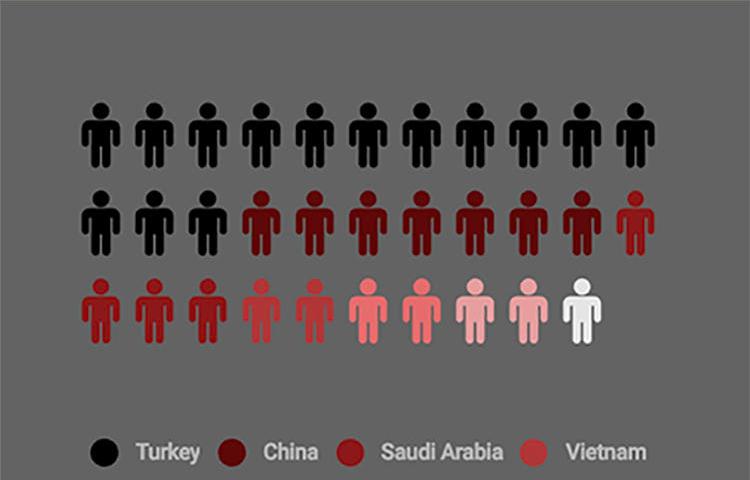
On International Women’s Day, CPJ highlights jailed female journalists
On International Women’s Day, CPJ has highlighted the cases of female journalists jailed around the world in retaliation for their work. At least 33 of the 251 journalists in jail at the time of CPJ’s prison census are women. At least one of those–Turkish reporter and artist Zehra Dogan–was released in February after serving a…
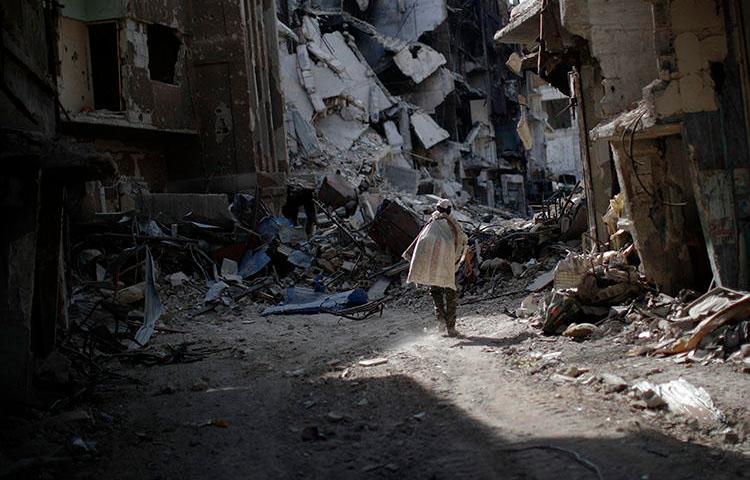
Damascus journalist has a million stories but none she can safely report
Joudy Boulos has a million stories she wants to write. But as a Syrian freelance journalist living in Damascus, her ability to report is severely limited by the regime of Syrian President Bashar al-Assad. It is so dangerous that “Joudy Boulos” is a pseudonym the journalist sometimes uses when reporting and to protect her safety.…
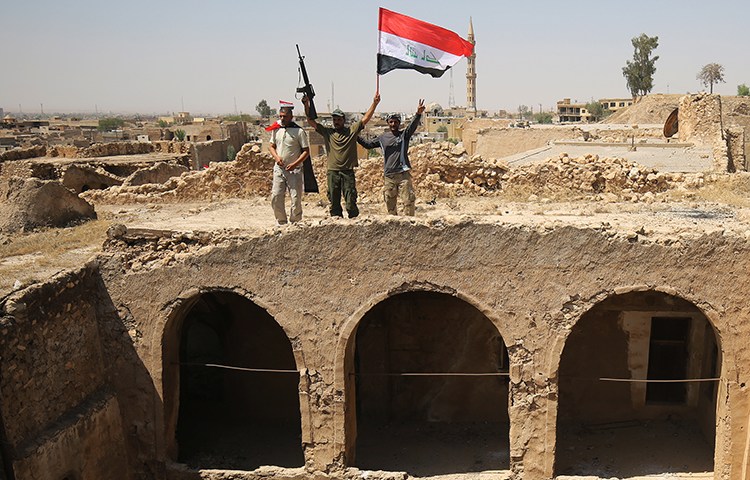
Islamic State recedes but threats to journalists in Iraq and Syria remain
After three years of fighting in Iraq and Syria, the militant group Islamic State has been forced out of large swathes of territory. But local journalists and press freedom groups with whom CPJ spoke said that the defeat of Islamic State doesn’t necessarily mean that journalists will be any safer.
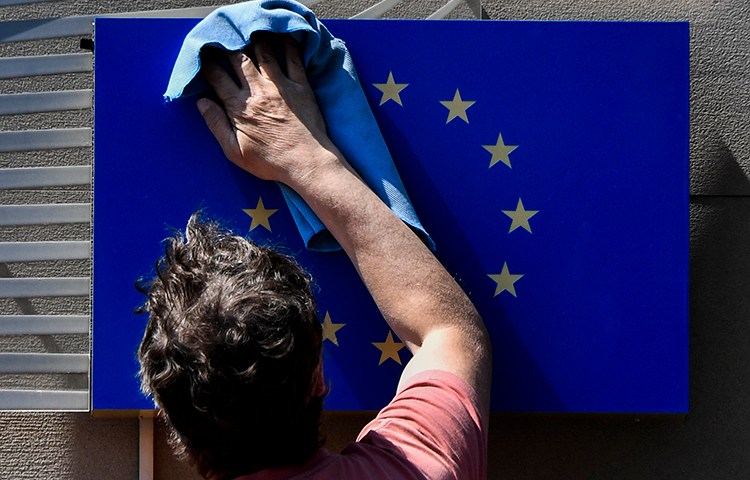
Press at risk as EU-based companies export surveillance software to hostile regimes
In August, Danish Foreign Minister Anders Samuelsen told the daily newspaper Information that the government had authorized sales of online surveillance software to several Middle Eastern countries. While acknowledging the potential for human rights violations that could result from the use of these tools, the minister said that Denmark has an interest in the fight…
How CPJ researches the killing and jailing of journalists
Who is a journalist? In the era of citizen journalism, activist journalism and now “fake” journalism, the question is not academic. The Committee to Protect Journalists has just published its annual census of journalists in prison and next week it will release its survey of killed journalists.
Infographic: Islamic State’s assault on the press
When Mosul fell to Islamic State on June, 10, 2014, it sparked one of the biggest attacks on press freedom in recent times. Newspapers were shuttered, TV channels were ransacked, radio stations disappeared from the airwaves, and dozens of journalists vanished. Within days, the militants had a monopoly on information output.
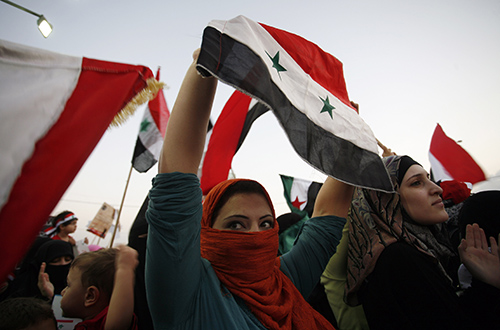
On International Women’s Day, CPJ recognizes nine female journalists jailed for their work
Coverage of protests and riots. Revelations of official corruption and graft. Major natural disasters. Investigations into deplorable living conditions. These are some of the important issues journalists cover in their role as the Fourth Estate.
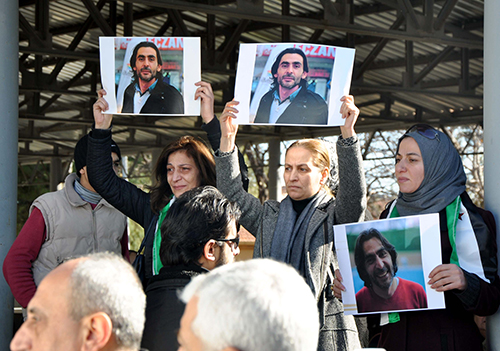
For journalists fleeing Islamic State, Turkey ‘is as dangerous as Syria’
For the past two years, activists and journalists seeking refuge from Islamic State repression in Raqqa would take sanctuary across the border in southern Turkey, setting up safe houses and offices, and darting back to Syria regularly with camera equipment and other vital supplies. But that sanctuary is now under threat.
From Charlie Hebdo in Paris to bloggers in Bangladesh, extremists target press
Thursday marks one year since two gunmen burst into the Paris offices of satirical magazine Charlie Hebdo and opened fire. Over the following year, CPJ documented the deaths of 28 journalists who were killed for their work by Islamic militant groups such as Islamic State and Al-Qaeda. This StoryMap charts the deadly attacks that took…
